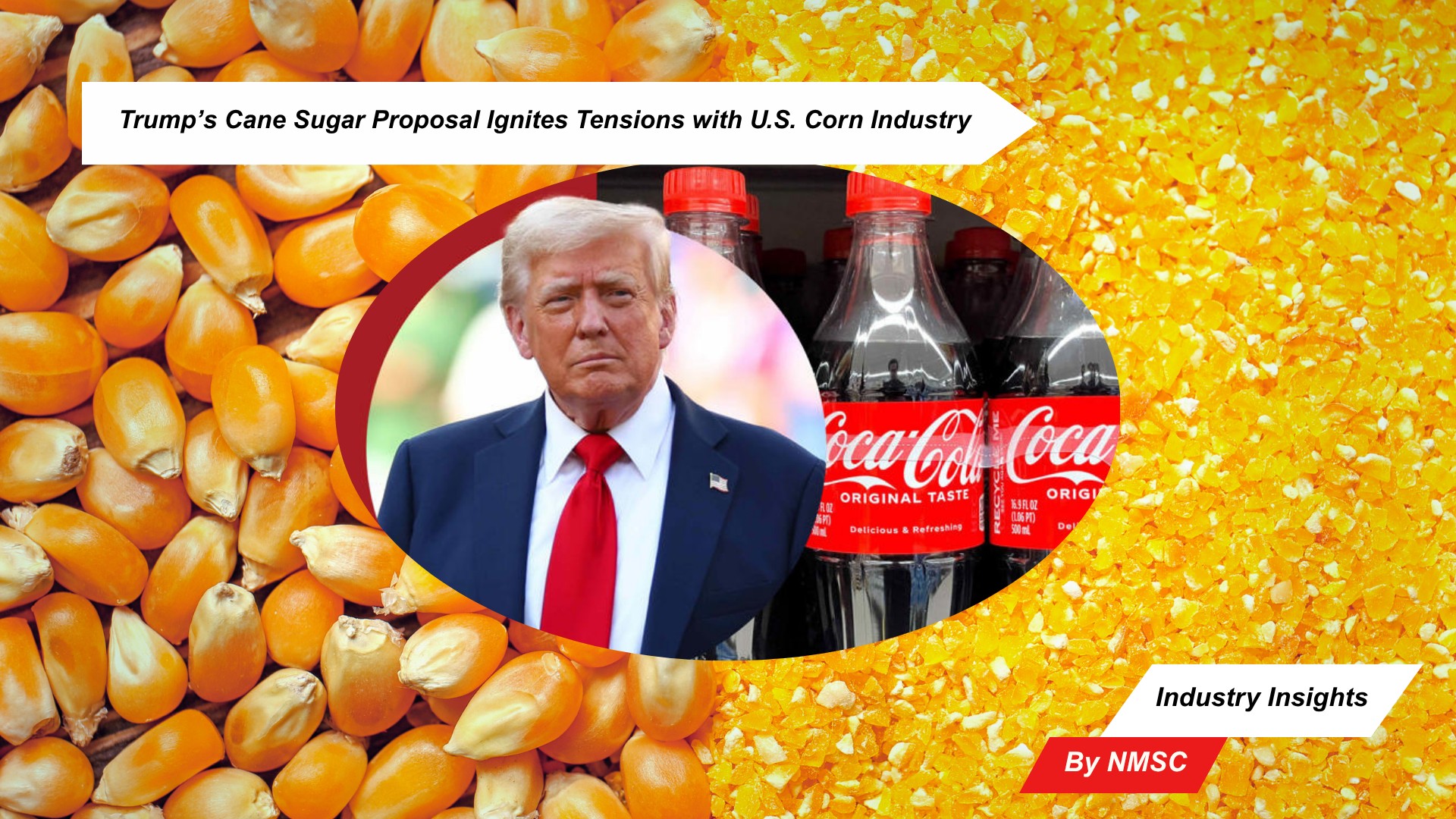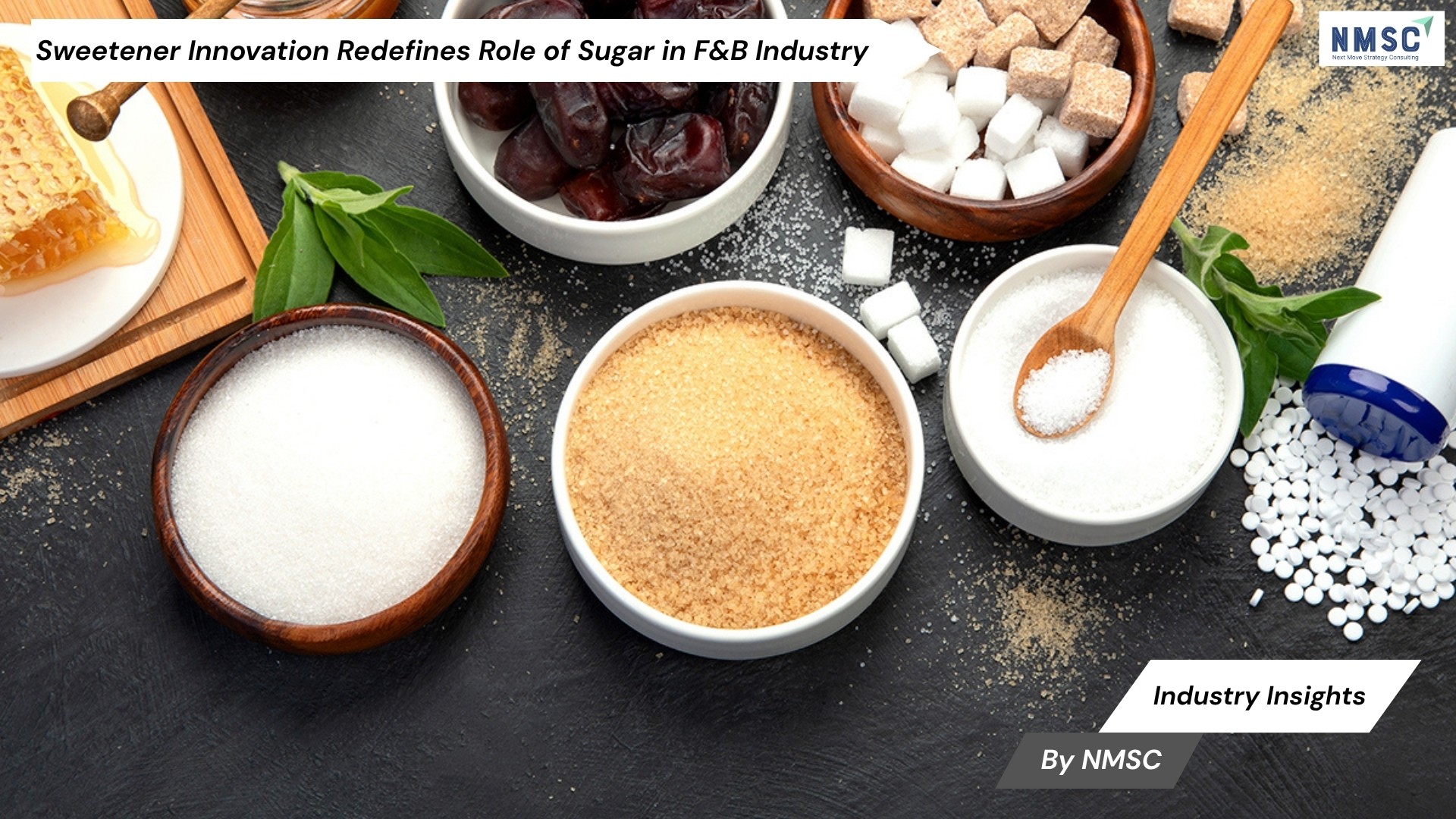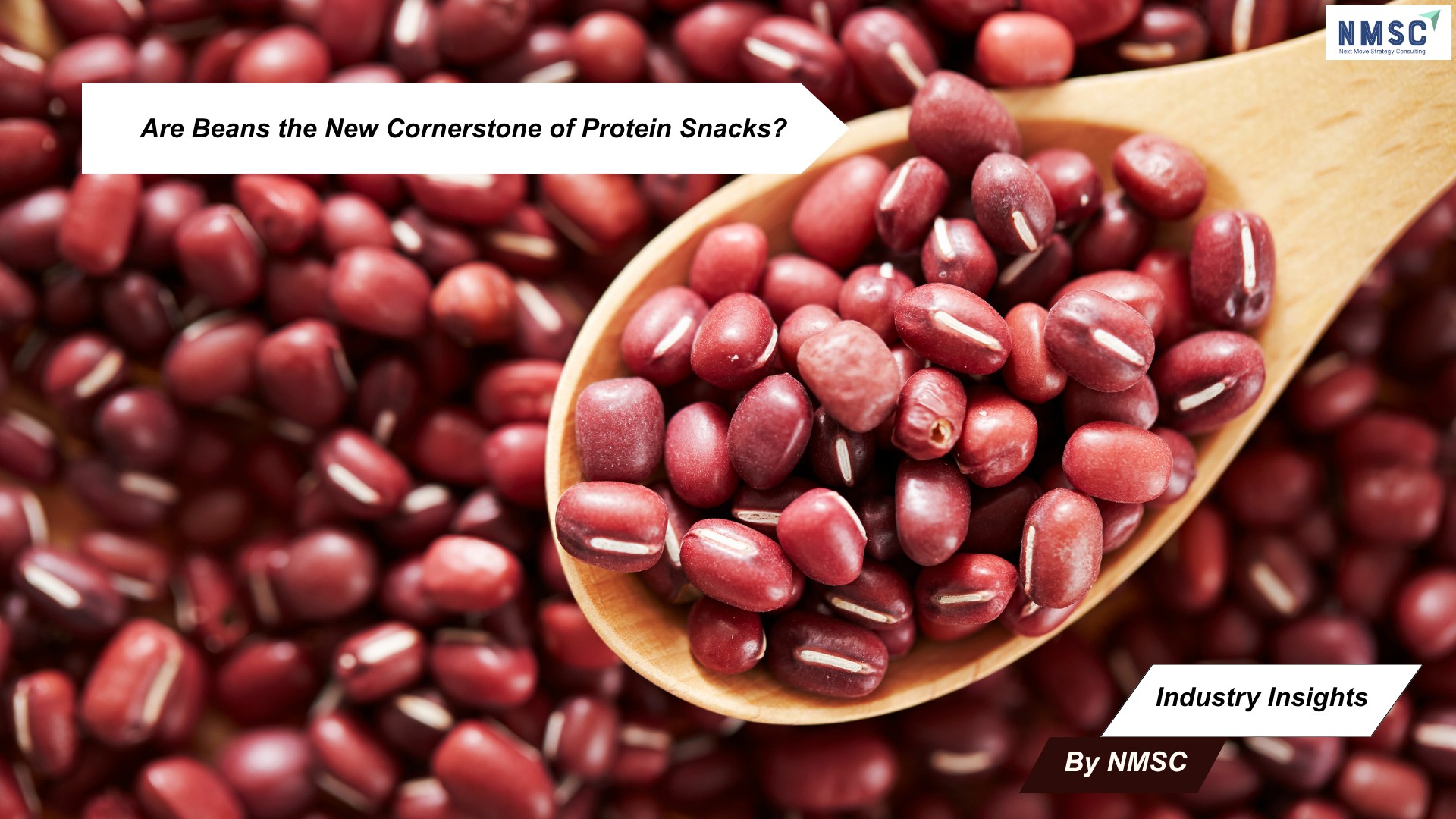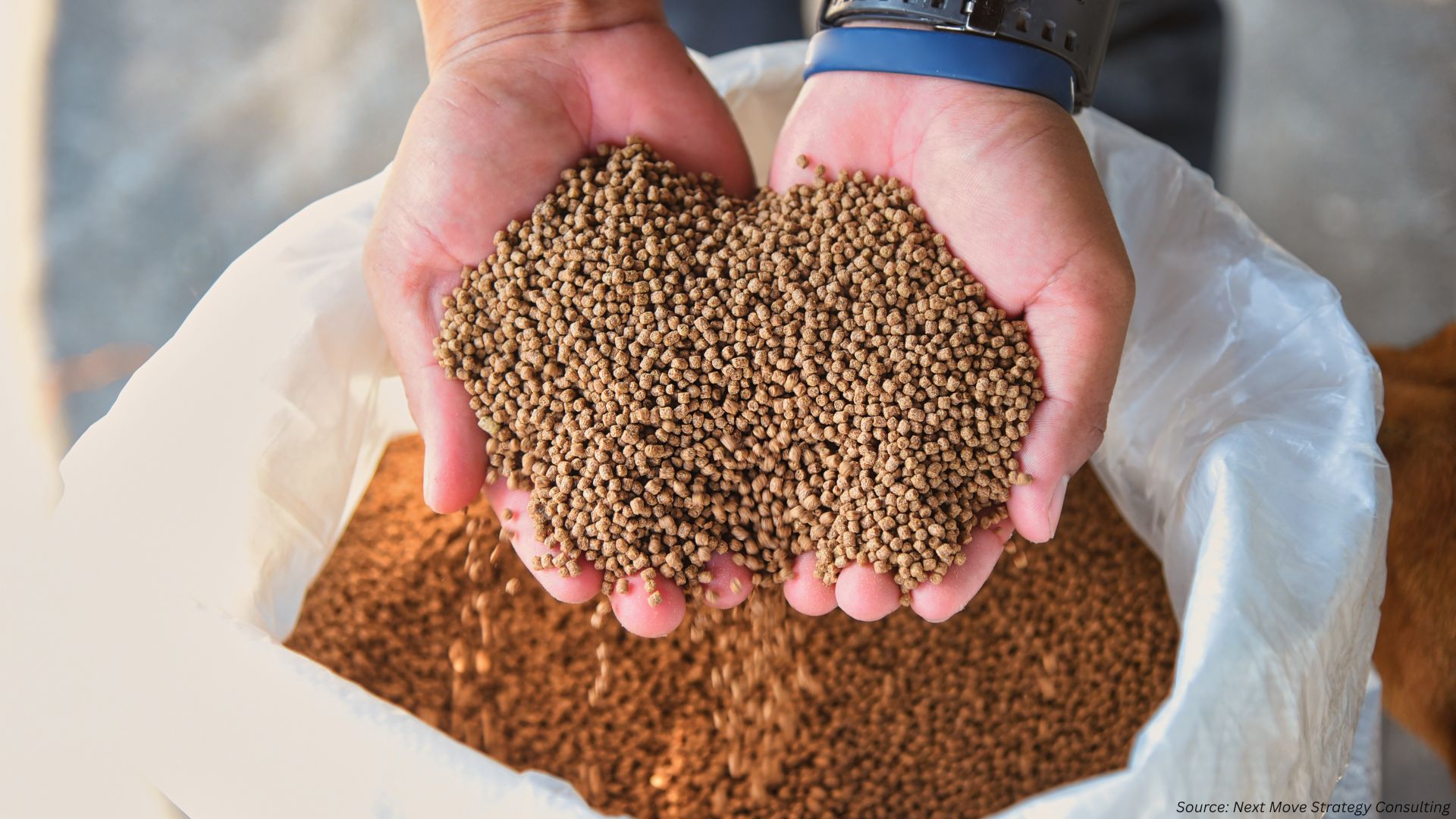Trump’s Cane Sugar Proposal Ignites Tensions with U.S. Corn Industry
Published: 2025-08-05

Former U.S. President Donald Trump’s recent push to replace high-fructose corn syrup (HFCS) with cane sugar in Coca-Cola’s U.S. products has sparked a heated dispute with the nation’s corn industry, raising concerns over economic impacts and market stability. The proposal, announced on July 16 via social media, signals a potential shift in the beverage industry that could reshape agricultural dynamics across the United States.
A Controversial Shift in Sweetener Strategy
For decades, high-fructose corn syrup has been a cornerstone of U.S. soft drink production, driven by its affordability and the robust domestic corn supply. Trump’s announcement that Coca-Cola has agreed to adopt “REAL Cane Sugar” in its U.S. products has raised alarms among corn farmers and industry stakeholders.
The Corn Refiners Association (CRA) warns that such a shift could cost the corn industry up to $5.1 billion in revenue, potentially slashing corn prices by 34 cents per bushel and threatening thousands of agricultural jobs.
“I have been speaking to @CocaCola about using REAL Cane Sugar in Coke in the United States, and they have agreed to do so,” Trump posted, describing the move as “very good” for American consumers. However, Coca-Cola has not fully confirmed the switch, stating only that “new innovative offerings” will be revealed soon, leaving the industry in suspense.
Economic and Agricultural Implications
High-fructose corn syrup, derived from approximately 400 million bushels of corn annually, accounts for about 2.5% of U.S. corn production. A transition to cane sugar could reduce demand for HFCS, impacting major producers like Archer-Daniels-Midland and Ingredion, whose stock prices dipped on July 17 following the announcement. Analysts estimate that a full switch could cost Coca-Cola over $1 billion annually due to the higher price of cane sugar compared to corn syrup.
The U.S. produces 3.6 million metric tonnes of cane sugar each year, insufficient to meet the demand required to replace HFCS across the beverage industry. This shortfall could increase reliance on imported cane sugar from countries like Brazil and Central America, complicated by Trump’s proposed 50% tariff on Brazilian sugar imports, which could further drive up costs.
Industry Pushback and Uncertainty
The Corn Refiners Association has been vocal in its opposition, highlighting the potential for rural job losses and market destabilization. The move could particularly affect corn-producing states like Iowa, while potentially benefiting cane sugar-producing regions like Florida. However, the lack of clarity from Coca-Cola adds uncertainty, as the company has only hinted at forthcoming innovations without committing to a full transition.
Navigating a Complex Landscape
Trump’s proposal comes amid broader discussions about food production and trade policies. While the switch to cane sugar aligns with consumer preferences for products like Mexican Coca-Cola, which uses cane sugar, it introduces significant logistical and economic challenges. The U.S. corn industry, a vital component of the nation’s agricultural economy, faces a potential setback, while Coca-Cola navigates the financial and operational complexities of reformulation.
As stakeholders await further details from Coca-Cola, the clash between Trump’s cane sugar push and the corn industry underscores the delicate balance between policy, agriculture, and consumer markets. The outcome of this proposal could redefine priorities for both the beverage and agricultural sectors in the years ahead.
Prepared by: Next Move Strategy Consulting
















Add Comment